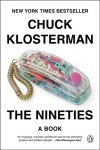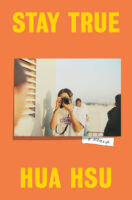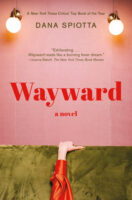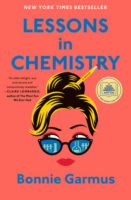
Guest Post by Kevin Brown
The text of Mister, Mister, Guy Gunaratne’s second novel, is a letter written by the main character, Yahya Bas, to the Mister of the title, a shadowy figure whom the reader never sees or knows, but who seems to work for an intelligence/military arm of the British government. Yahya is writing his account because he has cut his tongue out and, thus, is unable to answer Mister’s questions.
It’s clear Mister believes Yahya is a terrorist, largely based on Yahya’s time spent in Iraq (it’s never clear) several years after the NATO invasion of that country and incendiary poems Yahya published before leaving Britain, writing under the name Al-Bayn, a pun on Albion. Yahya was inspired to write those poems after the pictures from Abu Ghraib became known, but he was already moving in that direction.
Yahya’s father, from all he can tell, left Britain (and Yahya’s mother) to fight in Iraq in the early 1990s, where he also recorded music and poetry, a further inspiration for Yahya’s verses. Yahya’s mother suffers from some sort of depression or anxiety, so she barely speaks, leaving Yahya to be raised by a range of women he calls Mother and his uncle in the house for widows where his mother lives.
Though Yahya’s interrogator is not interested in all of this backstory, Gunaratne is, and the backstory is part of the point. The British intelligence agent only sees Yahya as a terrorist, while he is a son, a nephew, a friend, a lover, a person, in addition to his ethnic heritage and his poems. Gunaratne wants to remind readers of the power of taking back one’s story, even if one has to stop talking to do so.
Mister, Mister by Guy Gunaratne. Pantheon Books, October 2023.
Reviewer bio: Kevin Brown has published three books of poetry: Liturgical Calendar: Poems (Wipf and Stock); A Lexicon of Lost Words (winner of the Violet Reed Haas Prize for Poetry, Snake Nation Press); and Exit Lines (Plain View Press). He also has a memoir, Another Way: Finding Faith, Then Finding It Again, and a book of scholarship, They Love to Tell the Stories: Five Contemporary Novelists Take on the Gospels. Twitter @kevinbrownwrite









